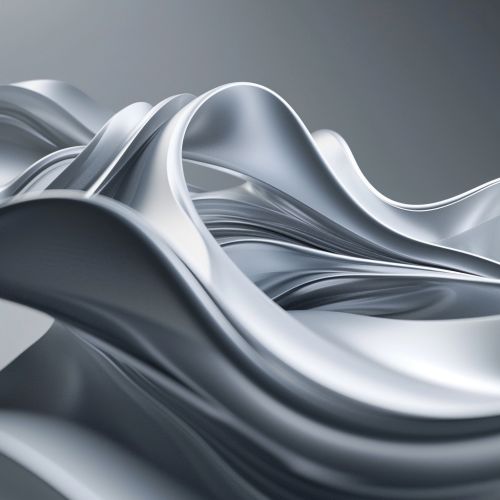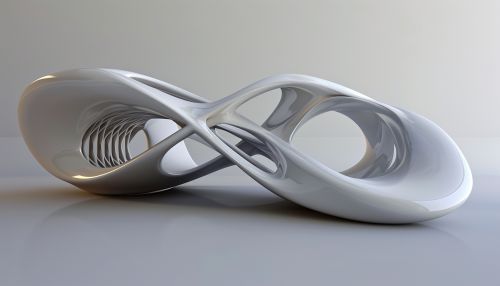Differential topology
Introduction
Differential topology is a subfield of topology, a branch of mathematics, which deals with differentiable functions on differentiable manifolds. It is closely related to differential geometry and together they make up the geometric theory of differentiable manifolds.
Overview
Differential topology considers the properties and structures that require only a smooth structure on a manifold to be defined. Smooth manifolds are 'softer' than manifolds with extra geometric structures, which can act as obstructions to certain types of equivalences and deformations that exist in differential topology. For instance, volume and Riemannian curvature are invariants that can distinguish different geometric structures on the same smooth manifold—that is, one can smoothly "flatten" certain manifolds, but it might require distorting the space and affecting the curvature or volume.
Differentiable Manifolds
A differentiable manifold is a type of manifold that is locally similar enough to a linear space to allow one to do calculus. Any manifold can be described by a collection of coordinate charts, also known as an atlas. One may then apply ideas from calculus while working within the individual charts, since each chart lies within a linear space to which the usual rules of calculus apply. If the charts are suitably compatible (namely, the transition from one chart to another is a differentiable function), then computations done in one chart are valid in any other differentiable chart.


Tangent Vectors and Vector Fields
In differential topology, one is interested in the infinitesimal properties of the manifold. This leads to the concepts of tangent vectors and vector fields. A tangent vector at a point of the manifold is a linear transformation that takes the space of all real valued differentiable functions at that point to the real numbers. A vector field is a function that assigns a tangent vector to each point in a differentiable manifold.
Differential Forms and Integration
Differential forms are a type of mathematical object in differential topology that allows one to generalize the study of differential calculus on manifolds. They are used in the definition of de Rham cohomology, a key tool in the study of differential topology. Integration of differential forms over a manifold can be defined, leading to such concepts as the divergence and curl of a vector field.
Vector Bundles and Fiber Bundles
A vector bundle is a topological construction that makes precise the idea of a family of vector spaces parameterized by a topological space. A fiber bundle is a generalization of this construction that allows the fibers to be any topological space, not just a vector space.
Morse Theory
Morse theory is a branch of differential topology providing a deep relationship between the topology of a manifold and the critical points of a smooth function on the manifold. It allows for the analysis of the topology of manifolds by studying differentiable functions on those manifolds.
Cobordism Theory
Cobordism theory is a part of algebraic topology that studies manifolds using their cobordism classes, which provides a way to classify manifolds of a given dimension.
